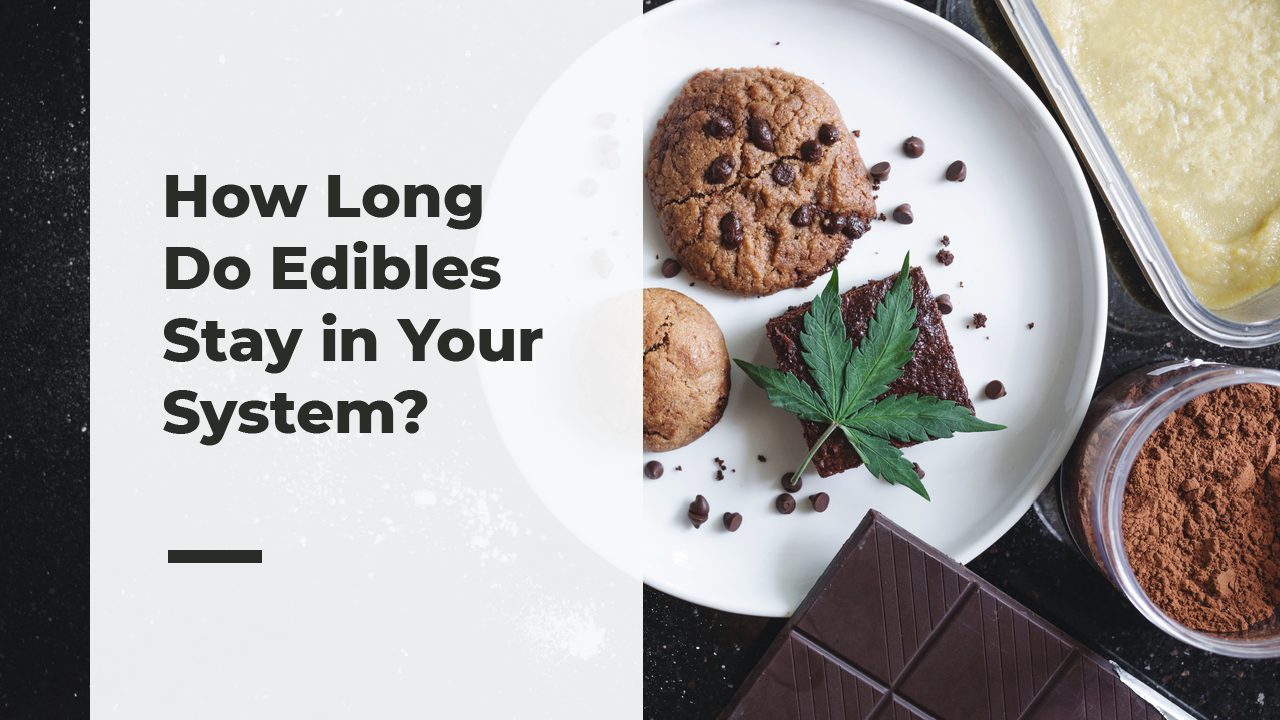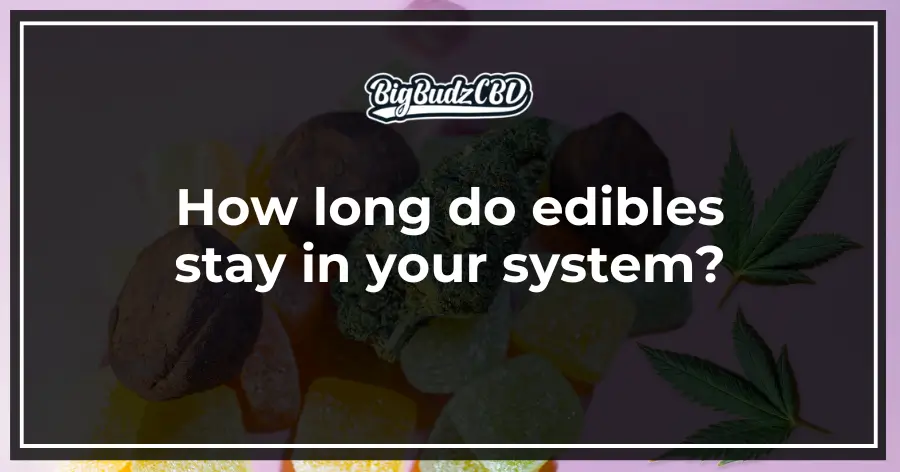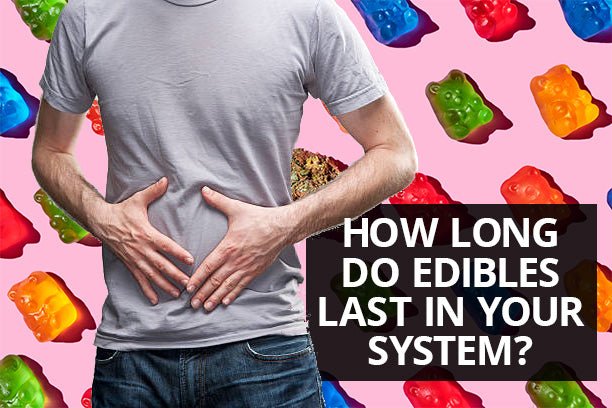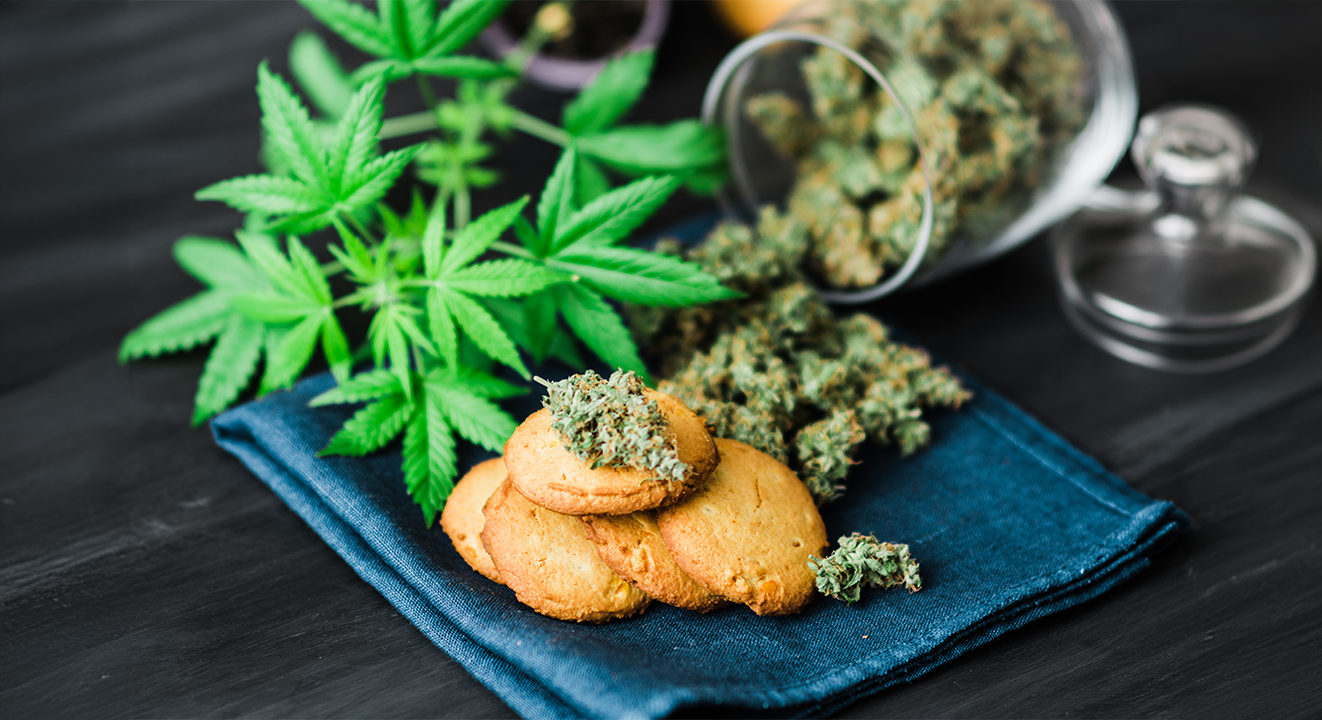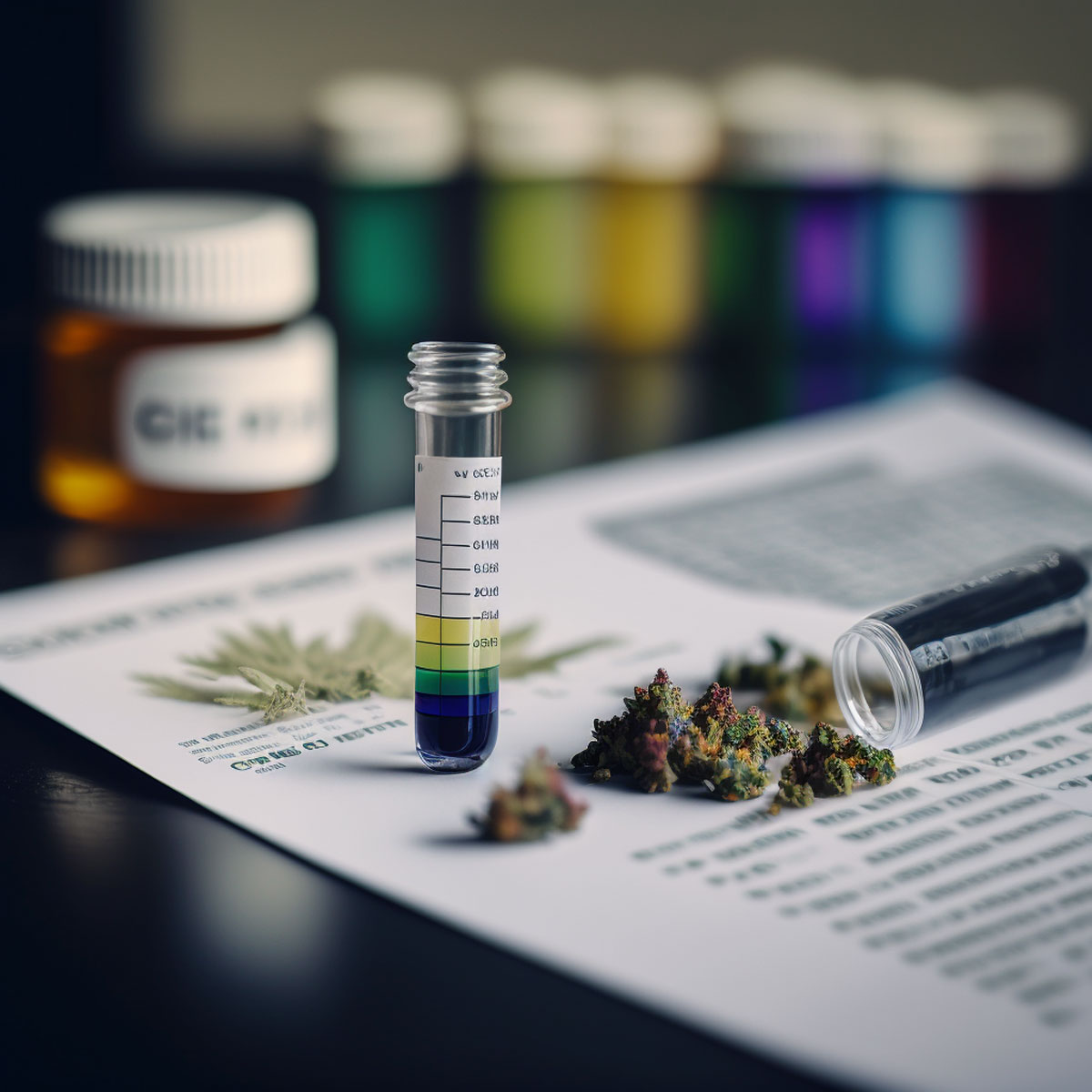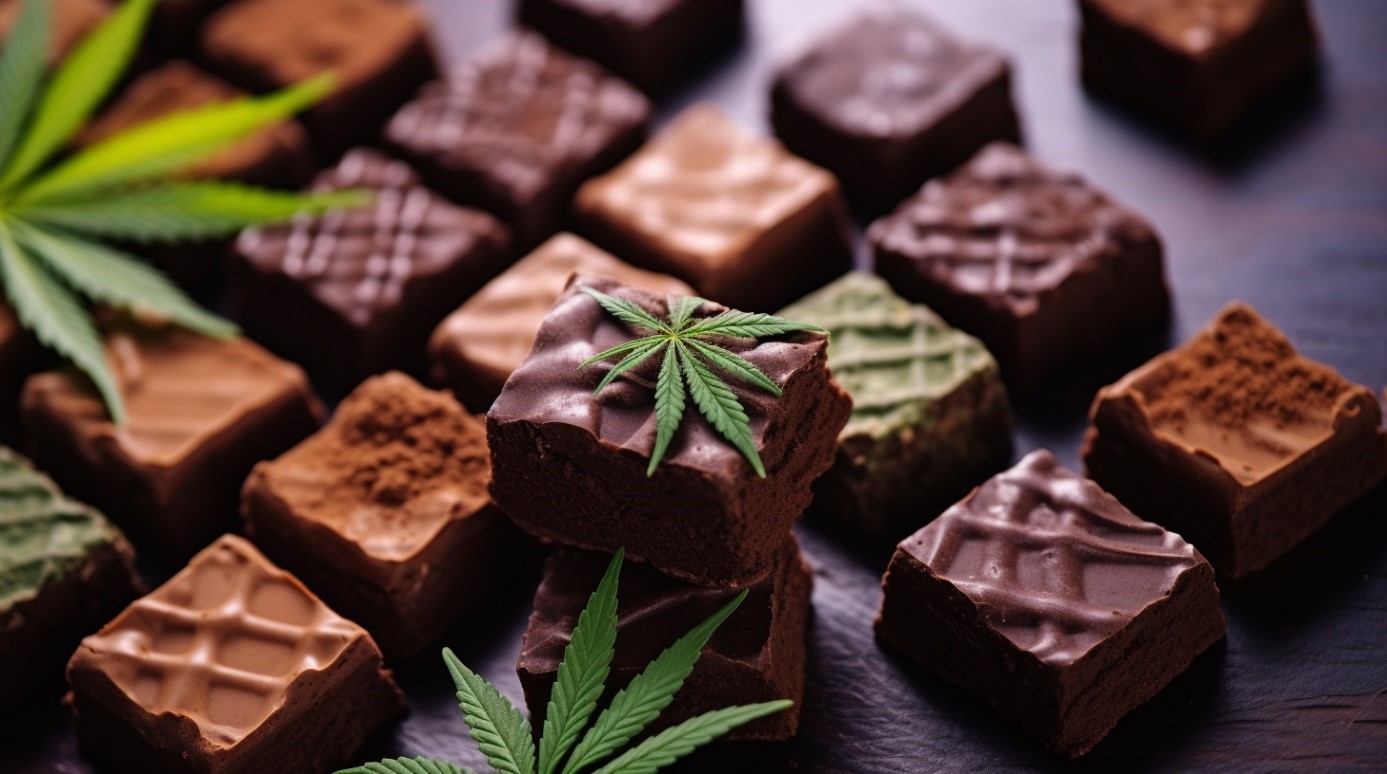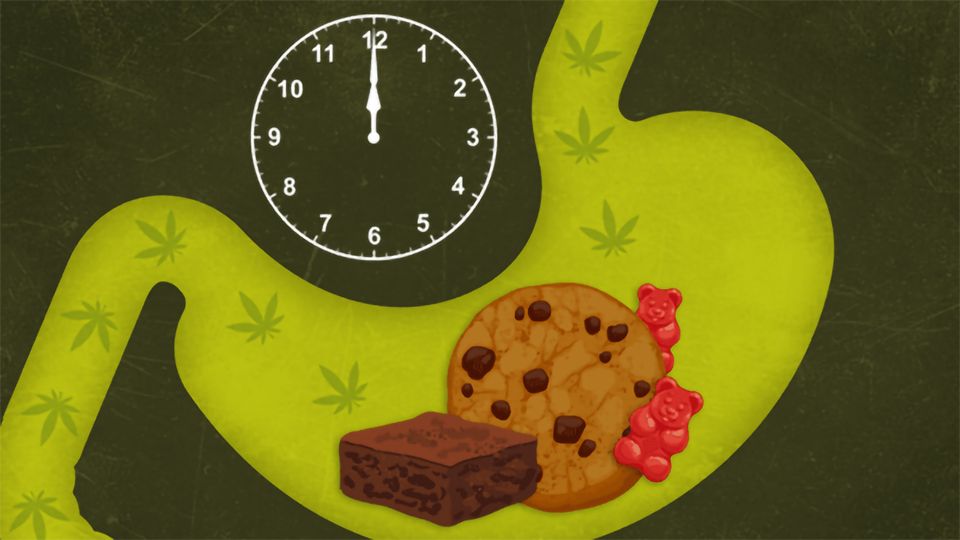How Long Does A Edible Stay In Your System
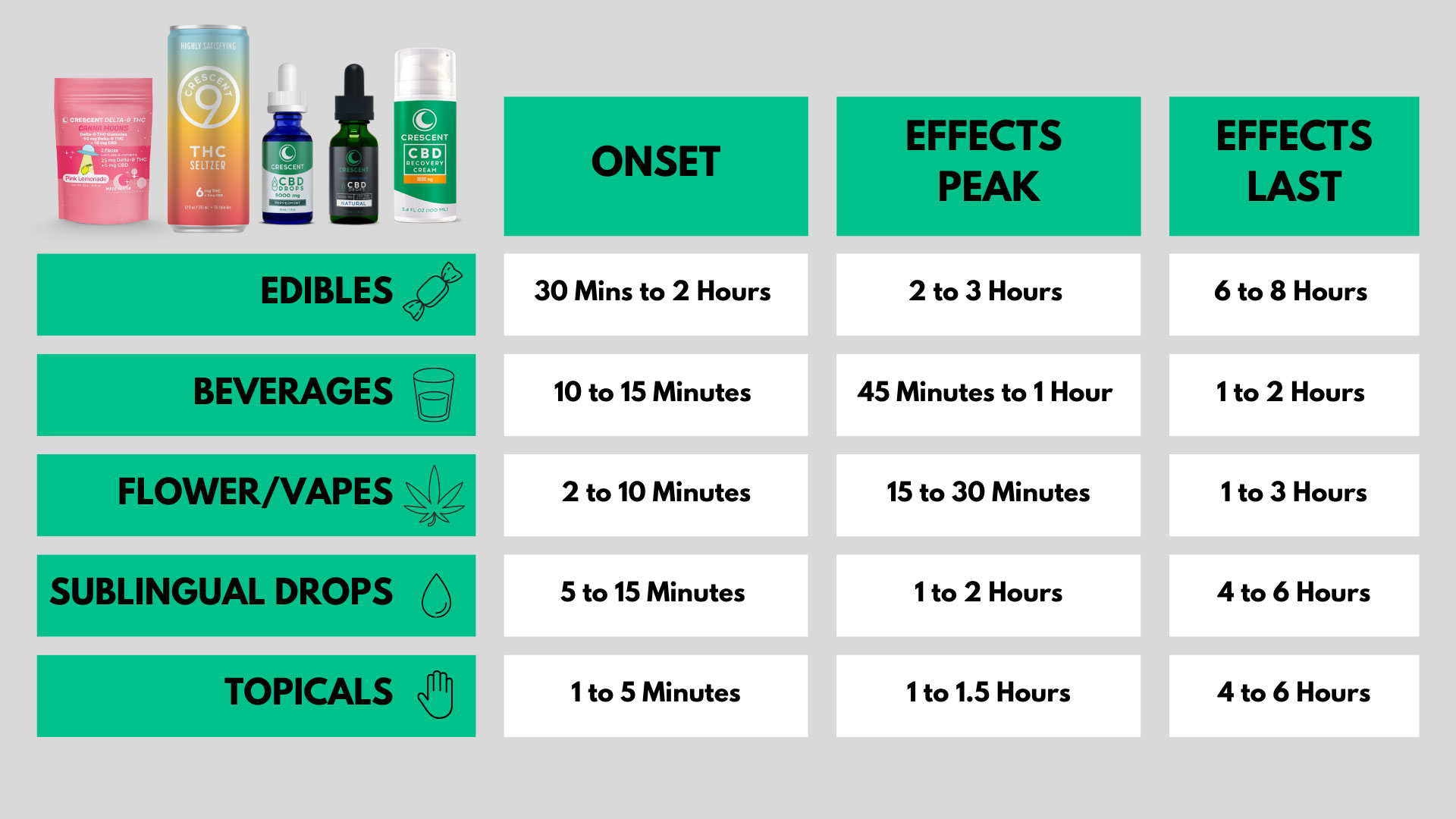
The aroma of freshly baked brownies hangs heavy in the air, mingling with the excited chatter of friends gathered for a relaxed evening. Laughter bounces off the walls as everyone anticipates the mellow wave that’s about to wash over them. But amidst the anticipation, a question lingers: how long will this last?
Understanding how long edibles stay in your system is crucial for responsible consumption, impacting everything from workplace drug tests to simply planning your weekend. This article dives into the factors influencing how your body processes cannabis edibles, separating fact from fiction and providing a clear picture of the edible timeline.
The Edible Journey: A Different Path
Unlike smoking or vaping, where THC enters the bloodstream directly through the lungs, edibles take a detour. They embark on a journey through your digestive system.
This different pathway dramatically alters the onset, intensity, and duration of effects. The active compound, THC, is metabolized in the liver into 11-hydroxy-THC, a more potent and longer-lasting form of the drug.
This metabolic conversion is the key reason why edibles often hit harder and last longer than inhaled cannabis.
Factors Influencing Edible Duration
The duration of edibles in your system isn't a fixed number; it's a dynamic process influenced by a multitude of factors. These range from individual biological characteristics to the characteristics of the edible itself.
- Dosage: This is perhaps the most obvious factor. A higher dose means more THC to process, leading to longer-lasting effects and detectability.
- Metabolism: Everyone's metabolism is unique. People with faster metabolisms tend to process THC more quickly.
- Body Fat Percentage: THC is fat-soluble, meaning it binds to fat cells. Individuals with higher body fat percentages may store THC for longer periods.
- Frequency of Use: Regular users may build up a tolerance and experience shorter effects, but THC can also accumulate in their system over time, leading to longer detection windows.
- Edible Composition: The type of edible (e.g., gummy, brownie, lozenge) and its ingredients can affect absorption rates. Some edibles may be designed for faster or slower release.
- Stomach Content: Eating edibles on an empty stomach can lead to faster absorption and a more intense experience, but potentially a shorter duration. A full stomach can slow absorption, leading to a delayed and potentially longer-lasting effect.
Typical Timeline: What to Expect
While individual experiences vary, here's a general timeline of what you might expect after consuming an edible:
Onset: Effects typically begin to appear within 30 minutes to 2 hours after consumption.
Peak: The peak effects usually occur between 2 to 4 hours.
Duration: The overall effects can last anywhere from 4 to 8 hours, or even longer for some individuals.
Residual Effects: Some individuals may experience residual effects, such as drowsiness or altered perception, for up to 12-24 hours.
Detection Windows: Drug Testing Considerations
A major concern for many is how long edibles remain detectable in drug tests. Drug tests typically screen for THC metabolites, primarily THC-COOH, which is stored in body fat and gradually released into the bloodstream.
Here's a general overview of detection windows, but remember these are estimates and can vary:
- Urine Tests: The most common type of drug test. THC metabolites can be detected for 3-15 days after a single use in infrequent users. In chronic, heavy users, it can be detected for 30 days or even longer.
- Blood Tests: Blood tests have a shorter detection window, typically 1-7 days, as they primarily detect active THC.
- Saliva Tests: Saliva tests usually detect THC for 24-72 hours after use.
- Hair Follicle Tests: Hair follicle tests have the longest detection window, potentially detecting THC for up to 90 days.
It’s crucial to remember that these are averages, and individual results can vary widely. Factors like hydration, exercise, and overall health can influence how quickly your body eliminates THC metabolites.
Debunking Myths and Misconceptions
Many misconceptions surround edible consumption. One common myth is that you can easily "sober up" from an edible. Once the THC is absorbed, it's in your system, and you have to wait it out.
Another myth is that drinking water can quickly eliminate THC. While hydration is always a good idea, it won't significantly speed up the elimination of THC metabolites, which are stored in fat cells. Time is the primary factor.
The idea that all edibles are created equal is also untrue. Dosage, ingredients, and formulation all play a significant role in the experience.
Responsible Consumption: A Key Takeaway
The best approach to edibles is always responsible consumption. Start with a low dose, especially if you're new to edibles.
“Start low and go slow” is the mantra frequently echoed by cannabis educators and experienced consumers alike. This allows you to gauge your individual sensitivity and avoid an overwhelming experience.
Be patient; wait at least two hours before considering taking more. Always consume in a safe and comfortable environment.
Understanding the variables that affect how long an edible stays in your system will ensure a more informed decision making process for all consumers.
The Future of Edible Research
Research into the effects and metabolism of edibles is still ongoing. Scientists are working to better understand the complex interactions between cannabis compounds and the human body.
Future research will likely focus on developing more precise dosing methods, personalized consumption guidelines, and improved methods for detecting THC in various bodily fluids. This could lead to more accurate and reliable drug testing procedures, and a more nuanced understanding of the long-term effects of edible consumption.
A Final Thought
As the brownie buzz begins to gently fade, the laughter softens, replaced by a comfortable contentment. Understanding how long an edible stays in your system empowers you to make informed choices, plan accordingly, and enjoy the experience responsibly.
By being aware of the factors that influence the edible timeline, you can navigate the world of cannabis-infused treats with confidence and peace of mind. Remember, knowledge is power, especially when it comes to responsible cannabis consumption.
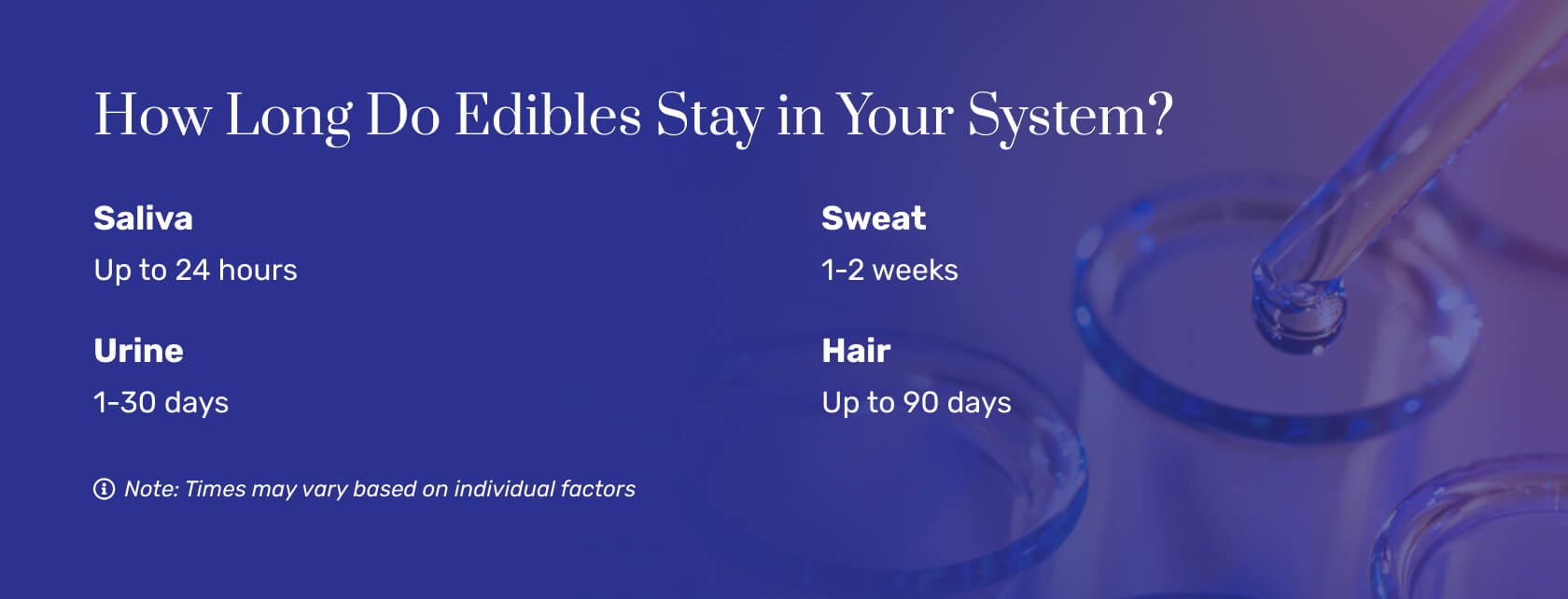
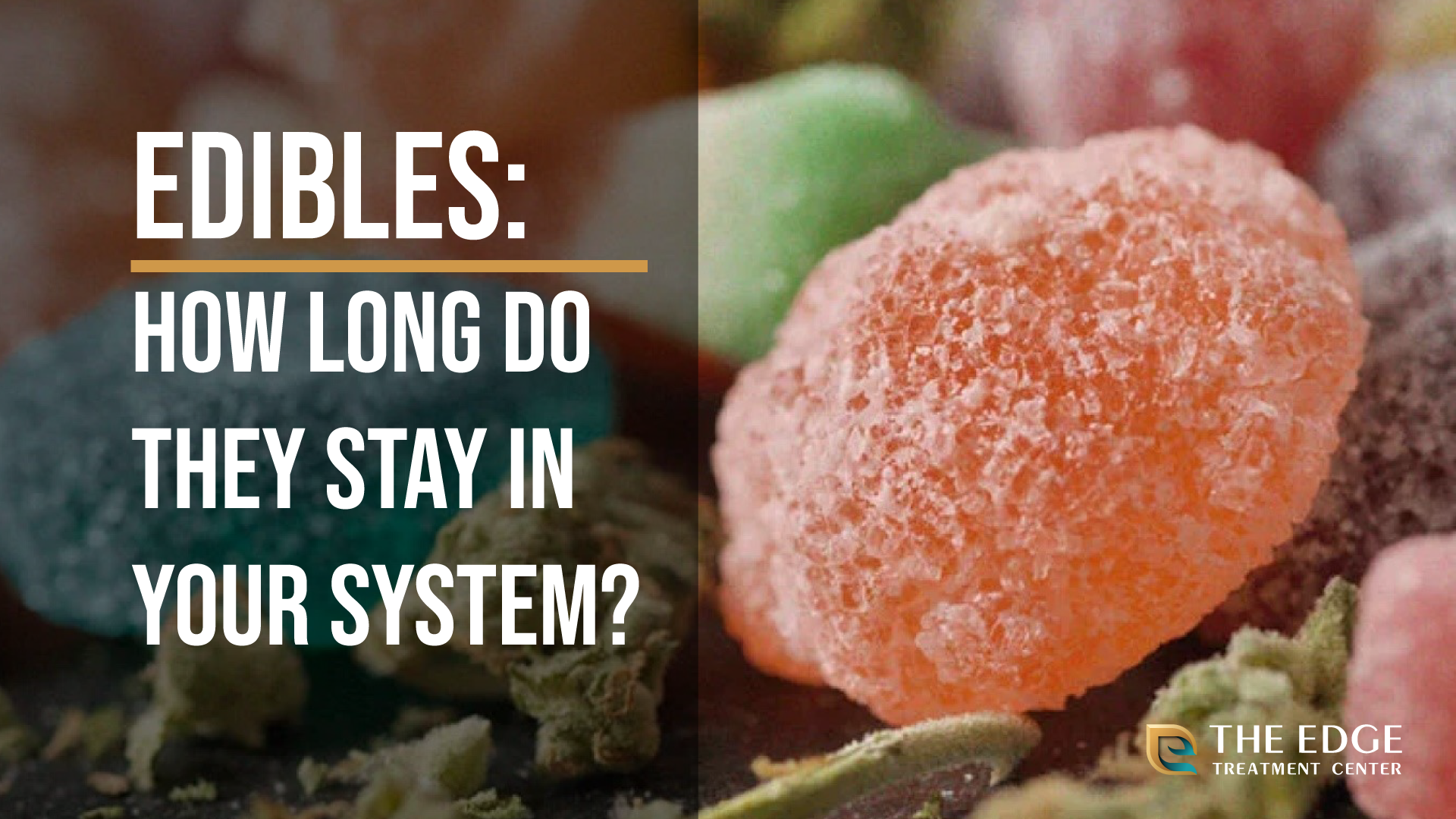
![How Long Does A Edible Stay In Your System How Long Do Edibles Last? [Full Timeline]](https://static.wixstatic.com/media/8af0ce_7551be18fc8540f49aa7521b5f46934c~mv2.jpg/v1/fill/w_1000,h_668,al_c,q_90,usm_0.66_1.00_0.01/8af0ce_7551be18fc8540f49aa7521b5f46934c~mv2.jpg)

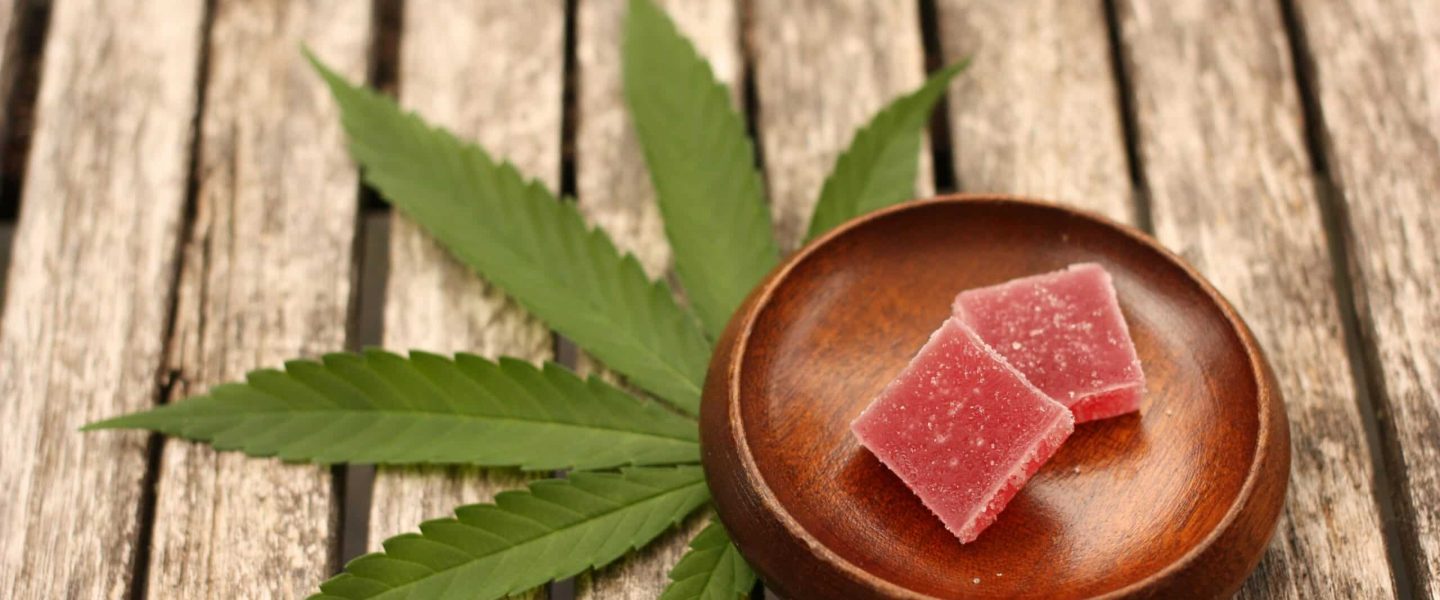
![How Long Does A Edible Stay In Your System How Long Do Edibles Stay In Your System? [1571f6]](https://i.ytimg.com/vi/pt6_Inu8nDk/sddefault.jpg)

